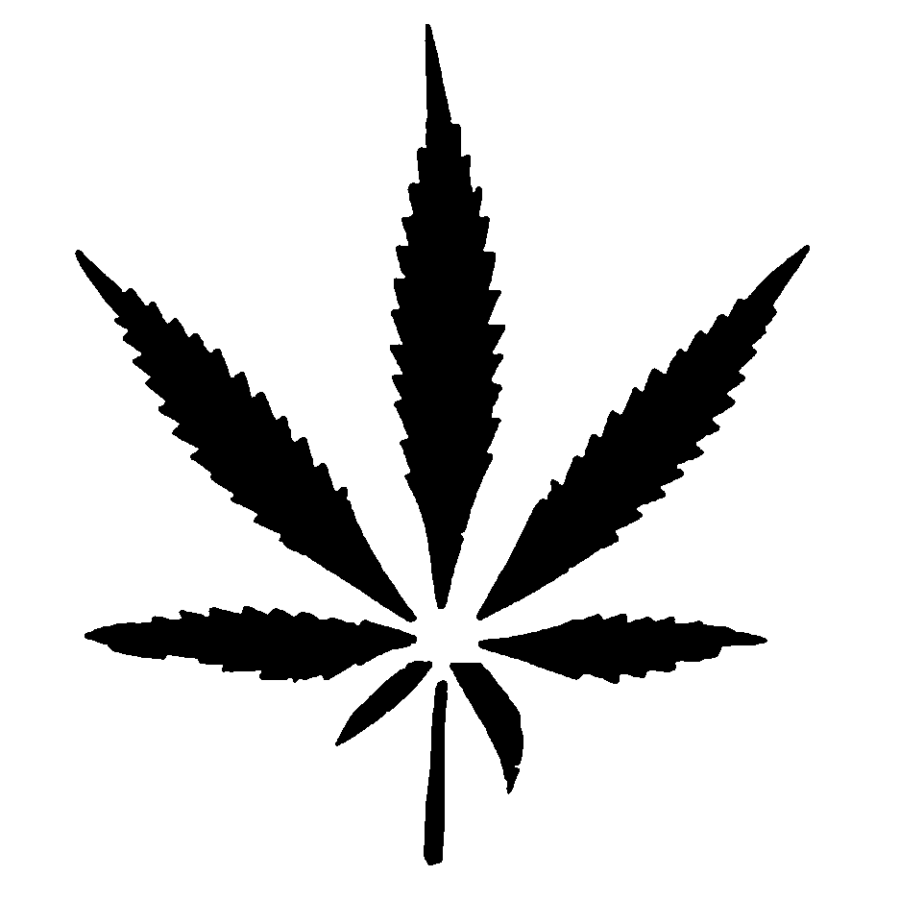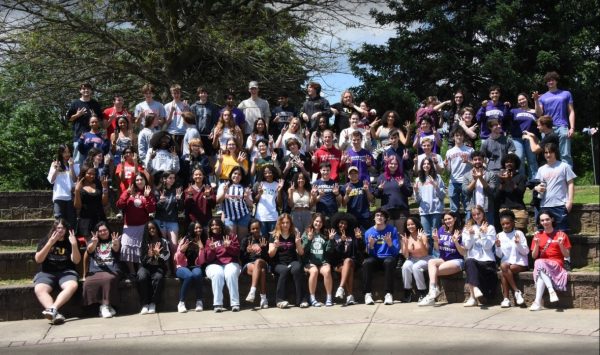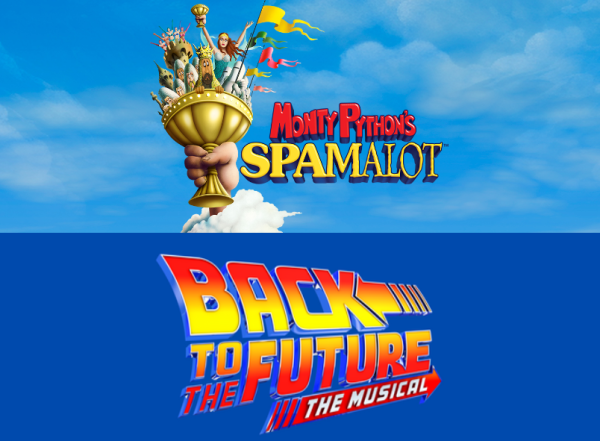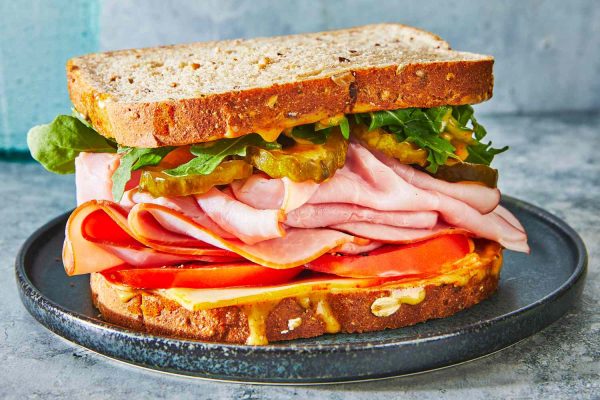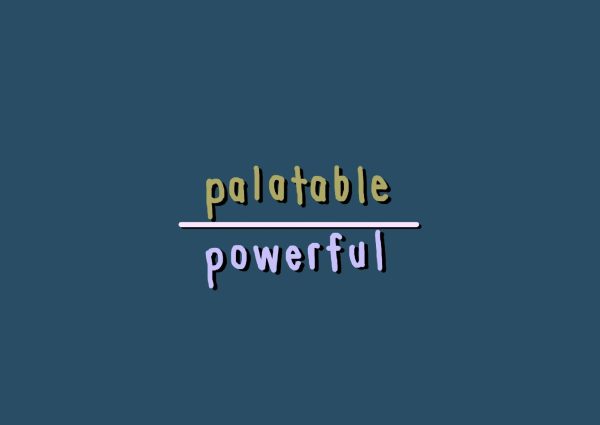#TokeForTwitter: Marijuana Consumption Among America’s Youth
Upon logging on to Facebook, Twitter or Instagram, or simply turning on the radio, we are bombarded with images, songs, and articles telling us what to wear, do, say and feel. We are heavily influenced by social media and pop culture, looking to famous people we love and trying to emulate them in whatever way possible. Lately, whether it be due to the legalization of marijuana for medical and recreational uses or other factors, the number of teens and young adults, famous or not, who write songs about smoking marijuana, post pictures and videos of them smoking on Instagram and Snapchat, and boast to their friends about how much weed they consume seems to have drastically increased. This increase in publicized consumption seems to have made young people more susceptible to experimentation and even heavy marijuana use, as it has now become commonplace. From this has emerged a new facet of pop culture which can be referenced as “weed culture.” Young adults take pride in belonging to this new generation and culture of heavy weed smokers, as it creates a feeling of “coolness” and belonging, reflecting the values of a society which will do anything to fit in, regardless of the consequences.
When Obama took office, only 13 states had legalized the use of medical marijuana. Recreational use remained illegal. By the time Donald Trump was sworn into office, 28 states and Washington D.C. had legalized medical marijuana, and 8 more had decriminalized recreational use (Kasai). These numbers are significant and this surge in policy change happened in just 8 years. Additionally, there has been a huge shift in attitudes towards marijuana legalization. This has been shown in various instances: increased support in public opinion polls, policy shifts in the White House, and Congress’ and state policymaker’s willingness to address the issue (Kasai). There is no denying that marijuana is on the rise in the United States government, and in turn, society as a whole.
The acceptance of marijuana on the federal level appears to have had a trickle-down effect. This acceptance of marijuana in the government has created an air of acceptance alongside the common inquiry, “how bad can it really be if the government has legalized it?” The media and public now treat cannabis as commonplace, airing TV shows which depict characters, both under and over-age, smoking weed as if they were drinking alcohol. Showtime, for example, has an entire TV show based on marijuana’s place in suburban America – “Weeds” – which portrays it as an essential part of the suburban life in America (Nerz). Polls consistently show that more than 70% of Americans support the legalization of medical marijuana, and 56% of Americans support regulating marijuana in a similar fashion to alcohol or tobacco (Nerz).
This trickle-down effect carries on from the federal level to the media and, finally, to the consumers of these television shows and social media apps. Among these consumers, young adults make up the largest group of active social-media users. 59% of adults ages 18-29 use Instagram, nearly double the share among 30-49 year olds and seven times more than those above the age of 65 (Greenwood), and more than half of children have used a social network app by the age of ten (Daily Mail Reporter). This makes the younger generation the most susceptible to the influences put forth by social media, including the portrayal of marijuana use by social media influencers and celebrities. The influence of this trickle-down effect is seen in the statistics. Although marijuana use and sales in Oregon are only legal over the age of 21, it was found that students under 21 were more likely to use the drug than those who are of age. Similarly, teens in general have grown more accepting of marijuana in recent years, resulting in marijuana use being on the rise in colleges and high schools in almost every state (Khazan).
The rise in the acceptance of marijuana has led to the growth of what is called “weed culture.” Young rappers and celebrities boast about their marijuana intake in songs, interviews and on social media. These are the influences young people face when forming their own perceptions of marijuana use. Recently, a 17-year-old rapper known by his stage name “Lil Pump,” has been gaining tremendous amounts of popularity. He has over 800,000 followers on Twitter (Pump) and over 500 million views on the music video for his most popular song, “Gucci Gang” This video opens with a depiction of the 17-year old smoking a blunt while driving (Pump). From these numbers alone, it is clear that Pump holds major influence in pop culture. His tweets including “I hate it when I’m about to light a blunt & can’t find a lighter” and “luv smoking weed” (Pump), are reaching millions of young social media users. They create perceptions of marijuana use as a “cool” and socially accepted act.
Similar to Lil Pump, social media “influencers” Tana Mongeau recently posted an Instagram photo of her smoking a blunt, captioned, “I be smoking gas” (Mongeau). She, like Pump, has over 3 million subscribers on YouTube, and thousands of followers on twitter and Instagram, most of whom are under 18. Her messages are primarily reaching those who are underage.
Additionally, ex-Disney stars such as Bella Thorne, have begun to grow up, and partake in illicit activities, often times publicizing and flaunting them. In Thorne’s case, she used to star in a kids’ TV show called “Shake it Up” about two young girls who aspire to be dancers on a TV show. Its former viewers – one of whom happened to be my 13-year-old sister – are beginning to enter their teenage years. Many are getting cell phones and creating social media accounts where they see the stars they once looked up to growing up. Thorne recently released a music video where she raps the lyrics, “when I roll a blunt that sh*t’s so thick. Puff, puff, pass, wait, let me take another hit” (Thorne), and is seen pretending to smoke a 3-foot-long fake blunt. Additionally, the song’s hook states, “I’m high and I’m poppin’ I’m on cloud 9, I just f*cked your b*tch, it’s about time” (Daniel). The song’s message is simply a bad one and, because Thorne grew up performing on kids’ TV shows, many of her followers are of a young age. Young people are especially influenced by celebrities and the bombardment of photos and videos of casual use of illicit substances can cause young people to view drugs and alcohol as something to be desired. This contributes to kids beginning to experiment with substances at a much younger age and may lead to an increase in drug dependency and addiction in their later years.
Pop culture is a very important and influential part of American life, especially among teens. Teenagers spend hours a day checking their phones for new tweets, videos, and photos from their favorite celebrities, and lately, when they log on, they are faced with this explosion of publicized marijuana consumption, often among people they look to for guidance and trends. This has certainly increased the likeliness that young people will see consumption of marijuana as something which is not harmful and will increase their social “clout.” This aspect of pop culture is one which may have adverse effects on the younger generation and which reflects the ways in which social media and celebrities have tremendous amounts of influence in the lives of youth in America.
Works Cited
Daily Mail Reporter. More than half of children use social media by the age of 10: Facebook is most popular site that youngsters join. Daily Mail, 5 Feb. 2014. Dail Mail, www.dailymail.co.uk/news/article-2552658/More-half-children-use-social-media-age-10-Facebook-popular-site-youngsters-join.html. Accessed 15 Feb. 2018.
Greenwood, Shannon, et al. Social Media Update 2016. Pew Research Center, 11 Nov. 2016. Pew Research Center, www.pewinternet.org/2016/11/11/social-media-update-2016/. Accessed 15 Feb. 2018.
Kasai, Nathan, and Sarah Trumble. “America’s Marijuana Evolution.” Third Way [Washington, D.C.], 24 Aug. 2017. Third Way, www.thirdway.org/report/americas-marijuana-evolution. Accessed 9 Feb. 2018.
Khazan, Olga. “The Surprising Effect of Marijuana Legalization on College Students.” The Atlantic [Boston], 16 June 2017. The Atlantic, www.theatlantic.com/health/archive/2017/06/marijuana-legalization-college-students/530607/. Accessed 13 Feb. 2018.
Mongeau, Tana. “i be smokin gas.” Instagram, 17 Dec. 2017, www.instagram.com/p/Bc0bV3cFhDe/?hl=en&taken-by=tanamongeau.
Nerz, Alfred Ryan. “Marijuanamerica: Why America Loves Weed.” Huffington Post [New York City], 20 Apr. 2013. Huffington Post, www.huffingtonpost.com/alfred-ryan-nerz/marijuanamerica-book_b_2999684.html. Accessed 9 Feb. 2018.
Pump, Lil, performer. Gucci Gang. 2017. YouTube, www.youtube.com/watch?v=4LfJnj66HVQ. Accessed 15 Feb. 2018.
—. “I hate it when I’m about to light a blunt & I can’t find a lighter.” Twitter, 7 Dec. 2017, 4:07 p.m., twitter.com/lilpump/status/938922851452833792.
—. “Luv smoking weed.” Twitter, 9 Feb. 2018, 8:03 p.m., twitter.com/lilpump/status/961812704783552512.
Thorne, Bella, director. Clout 9. Performance by Tana Mongeau, Elijah Daniel, and Dr. Woke, 2018. YouTube, www.youtube.com/watch?v=mpxzVDgqfvo. Accessed 13 Feb. 2018.
Twitter. mobile.twitter.com/lilpump. Accessed 15 Feb. 2018.

